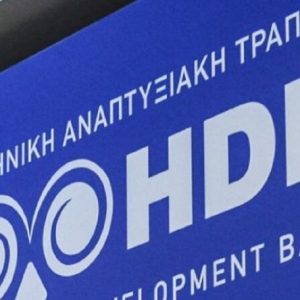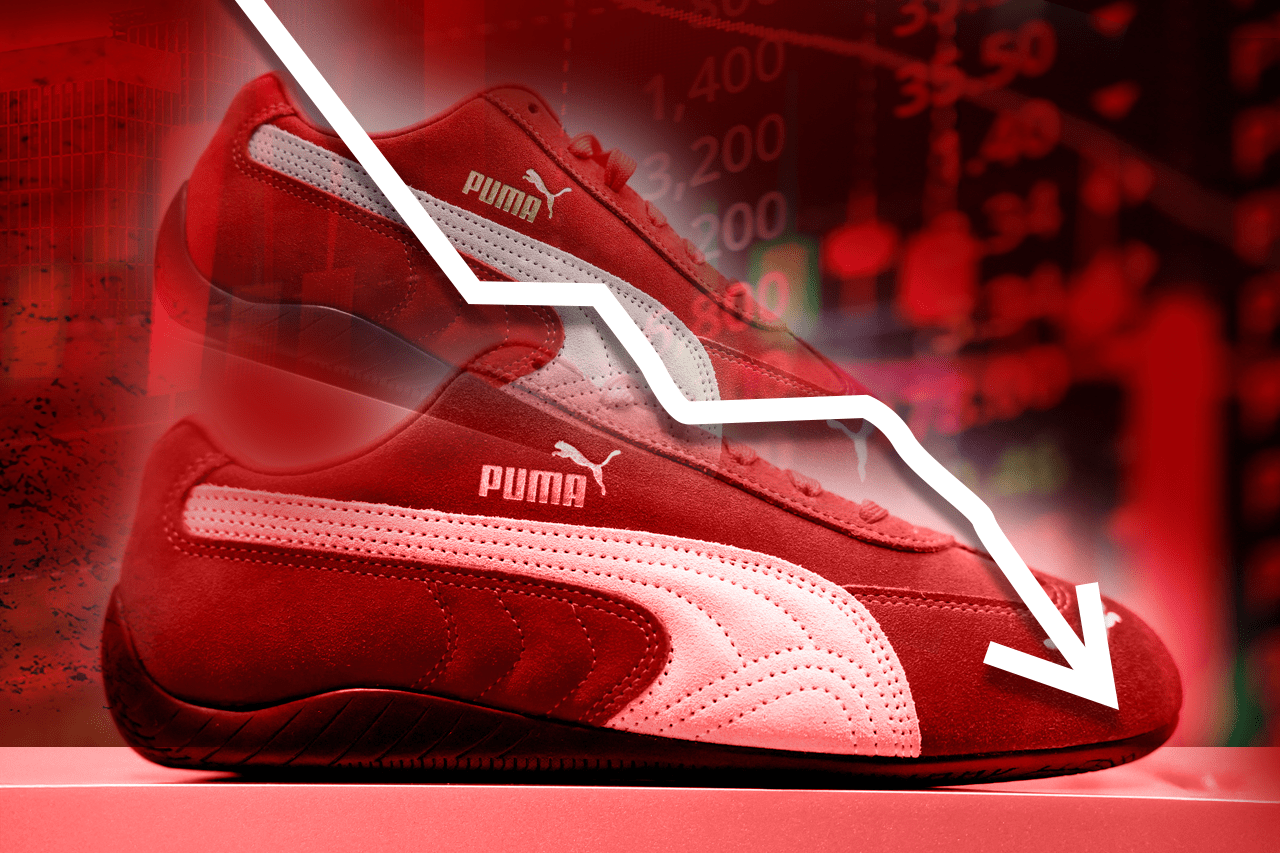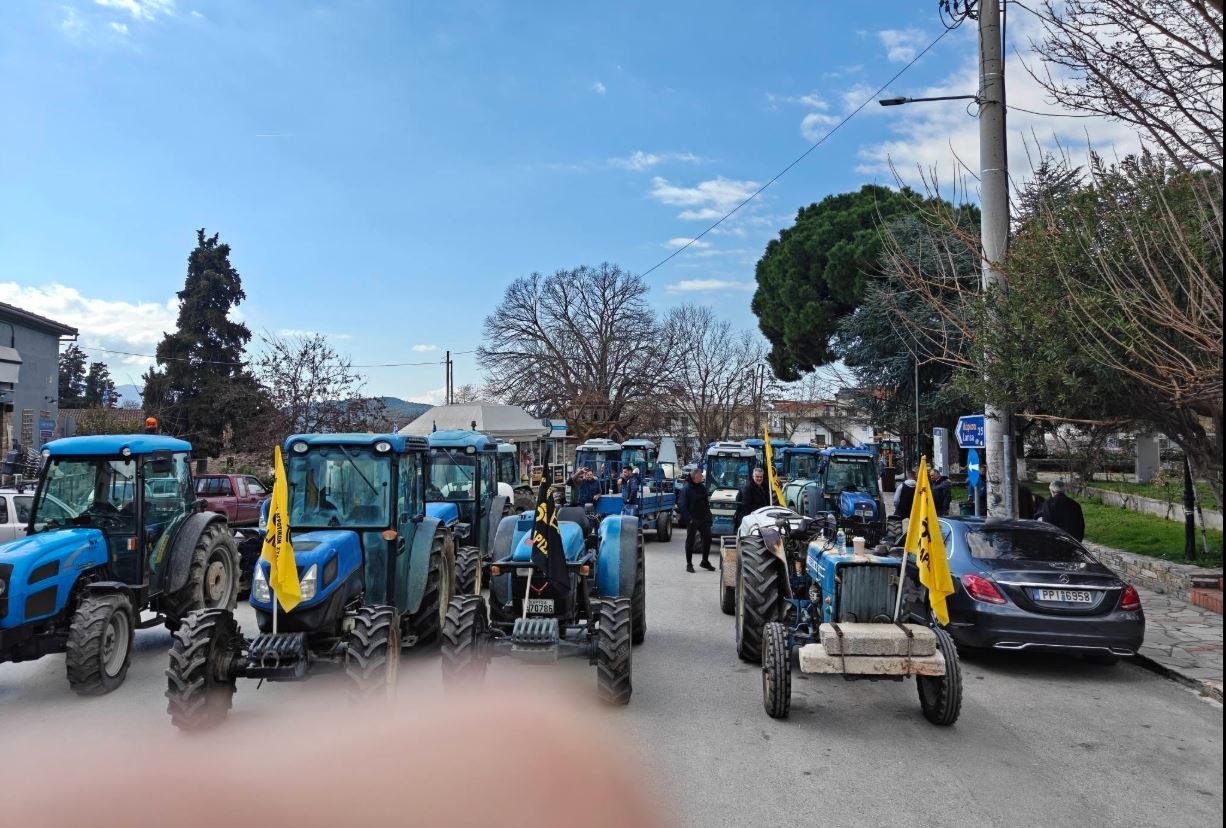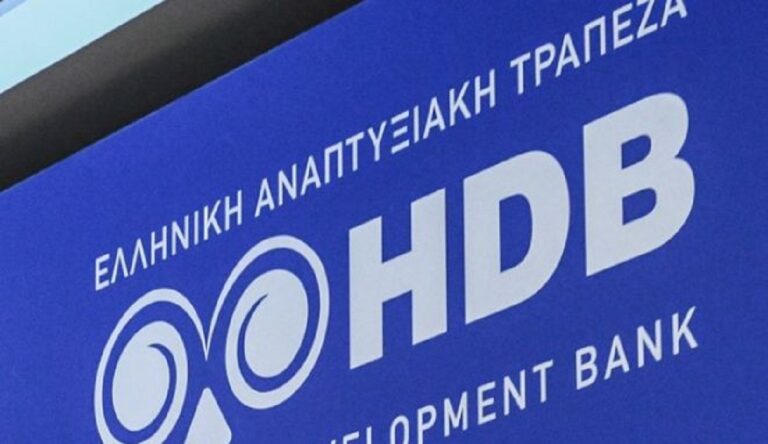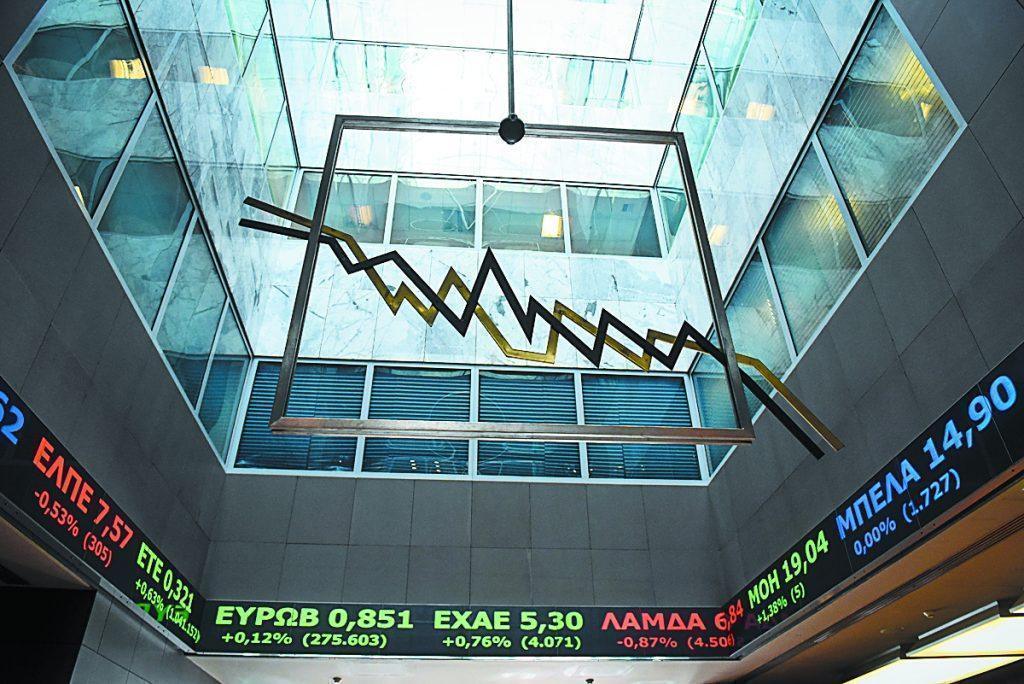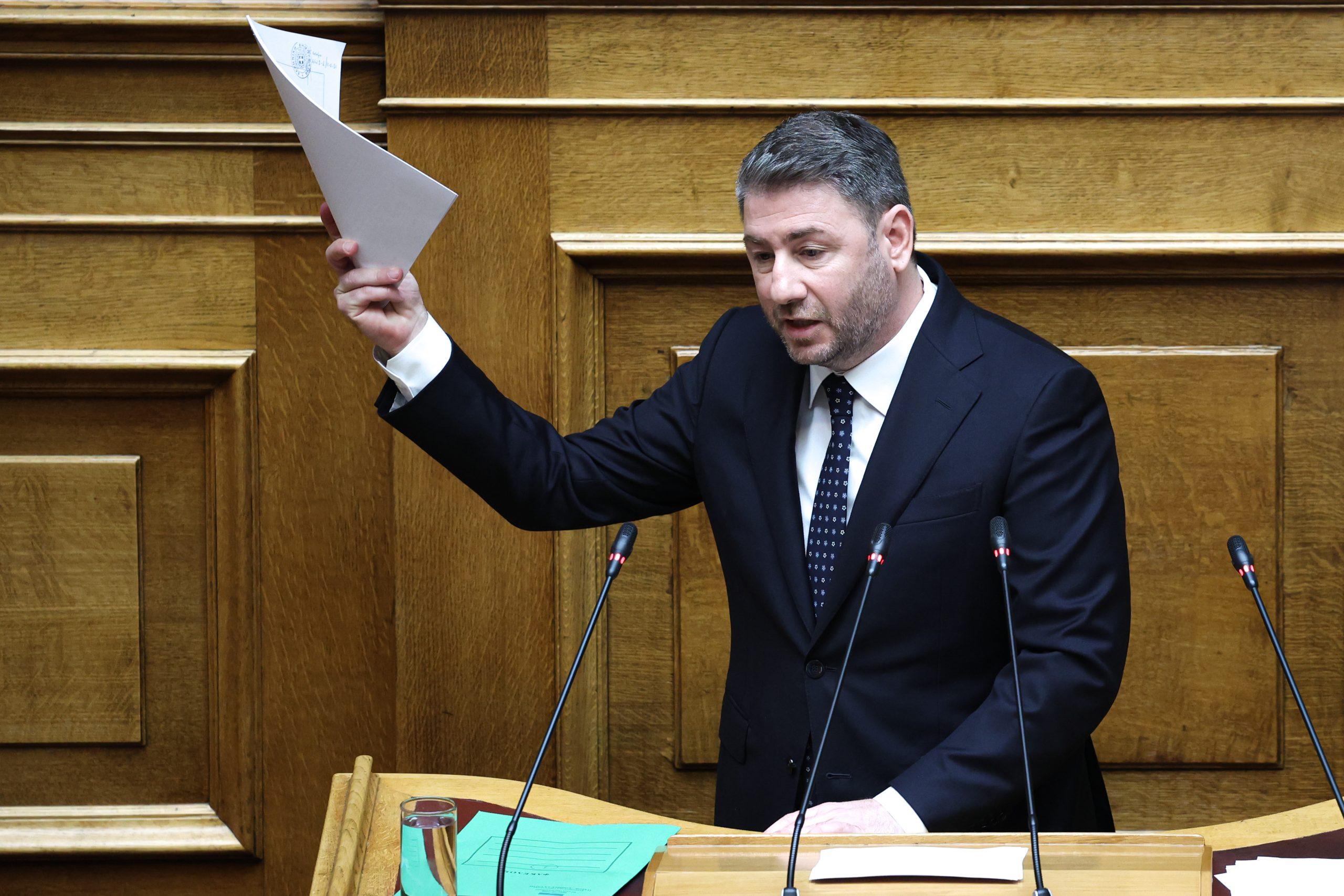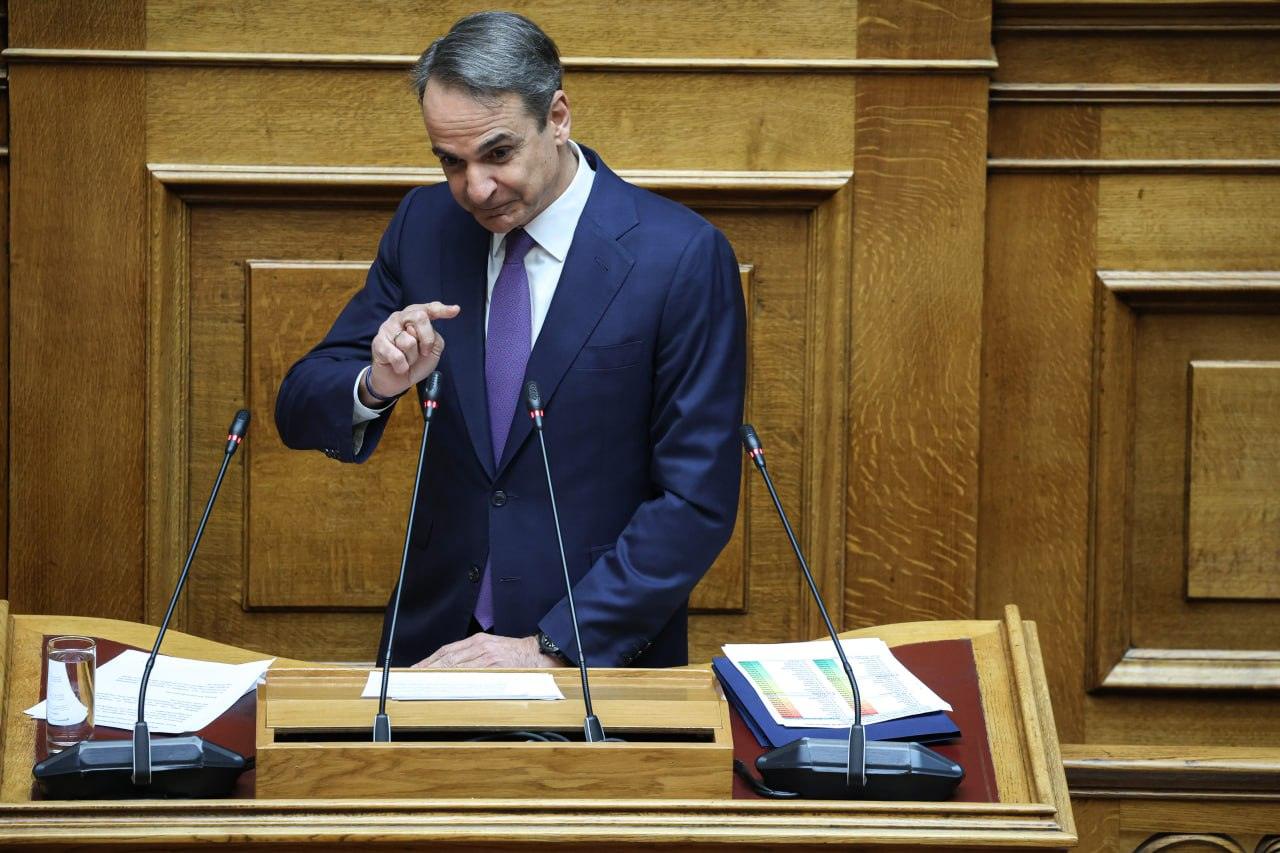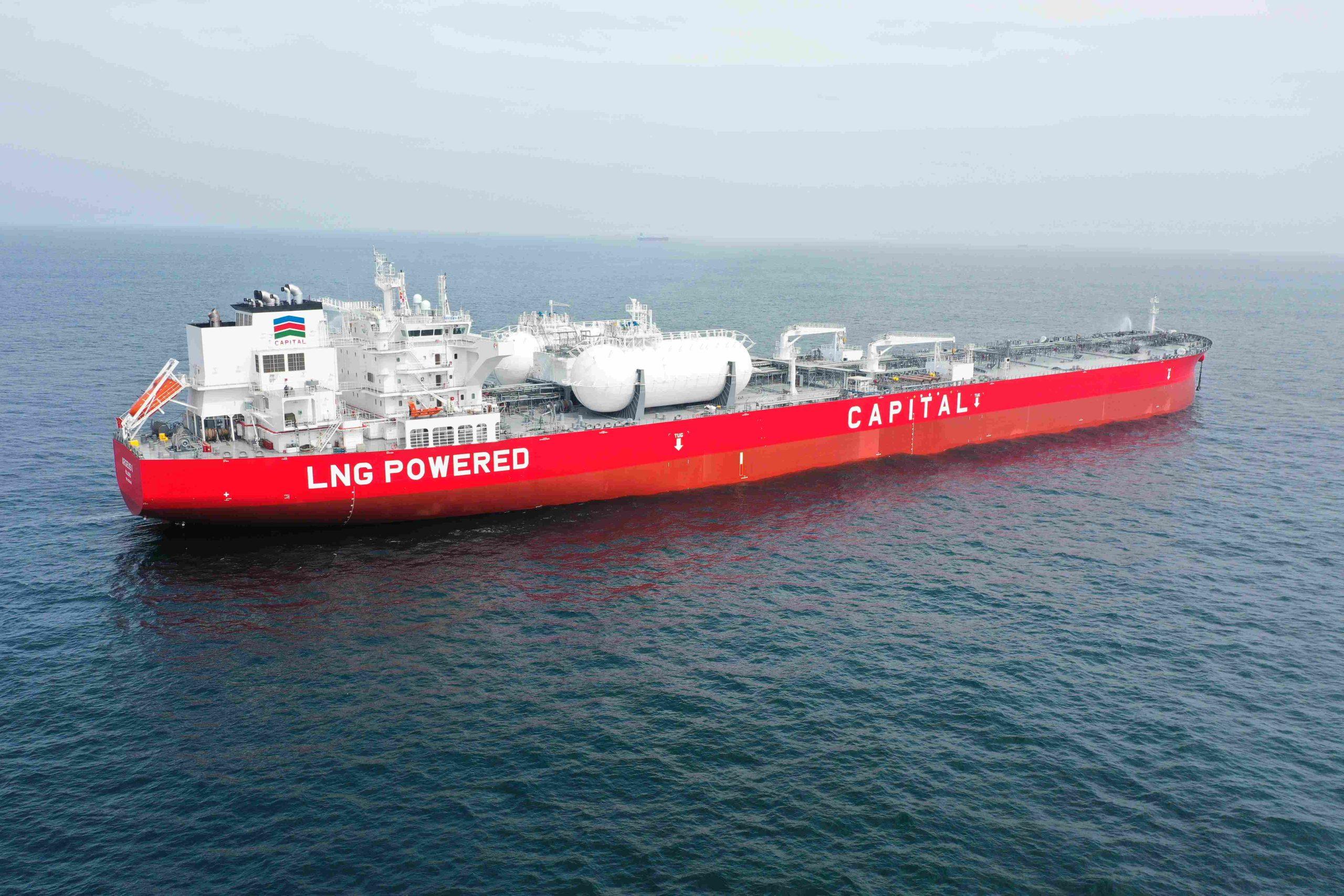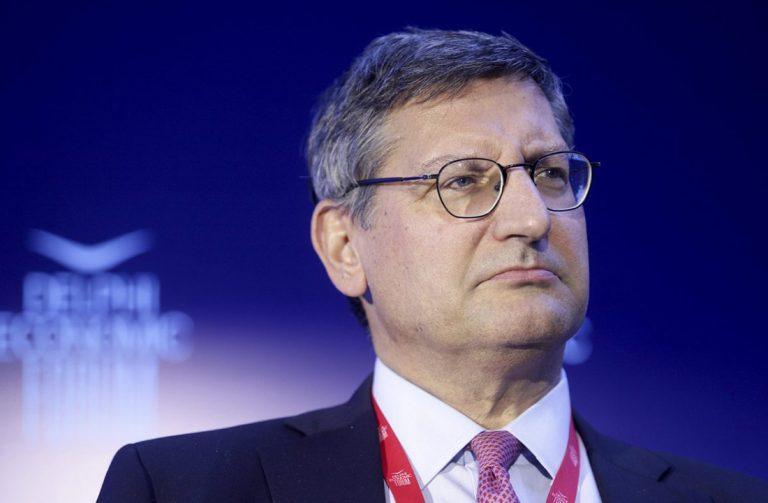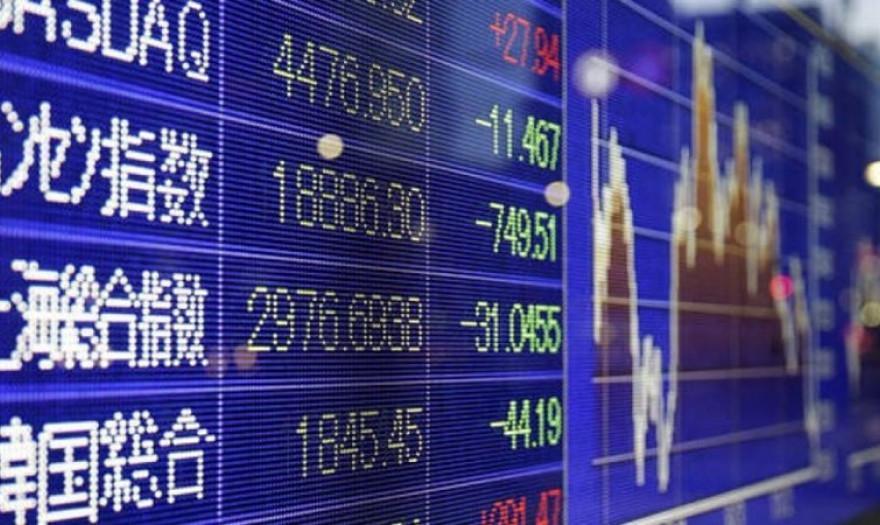Greece’s government is moving closer to adopting measures aimed at easing energy costs for domestic industry, following the example of other EU member states that have already taken steps to protect their manufacturers from soaring electricity prices.
According to reports, the ministers of National Economy and Finance, Development, and Environment and Energy have proposed a support scheme for Greek industry that falls outside the EU’s strict state aid rules. The plan draws inspiration from Italy’s “Energy Release 2.0” model, which has already been implemented successfully and could be tailored to Greece’s industrial needs.
In practice, the scheme would apply to energy-intensive industries—defined under EU rules as those with annual consumption above 13 GWh, as well as companies eligible for reduced ETMEAR charges. Roughly 50 to 60 Greek companies could benefit, representing a combined consumption of more than 7 TWh annually.
Italy’s “Energy Release 2.0,” operated by the state-owned energy agency GSE, provides energy-intensive companies with a form of “energy loan.” For a three-year period, industries receive fixed-price electricity sourced from renewables, at levels comparable to new renewable projects. The scheme allocates 24 TWh of electricity, offering stability in an otherwise volatile market.
However, there is a long-term obligation: once the three-year support period ends, companies must return a multiple of the borrowed energy over the course of 20 years. This repayment comes through investments in renewable energy projects, which must be built or financed within 3.5 years, including the initial three-year support phase.
If Greece adopts the Italian model, it could give local industry a significant competitive boost. High power costs have long undermined Greek manufacturers, with European industry as a whole still paying two to three times more for energy compared to rivals in the U.S. and China.
The move also reflects a broader European trend, as several member states are already rolling out support measures to shore up industrial competitiveness. The urgency is amplified by the fact that neighboring non-EU countries, such as Turkey, enjoy wholesale power prices as low as 60–70 euros per MWh—far below current European levels.
Source: Tovima.com






